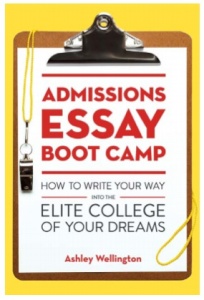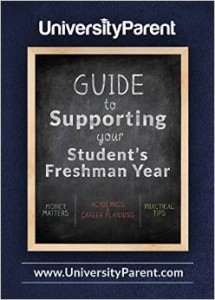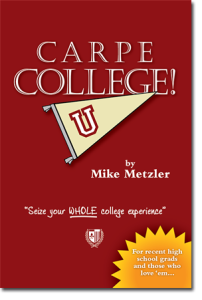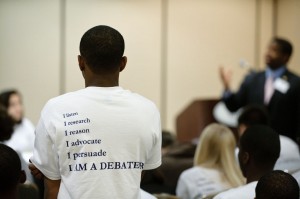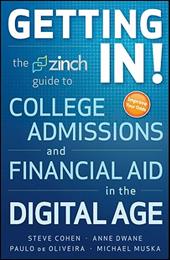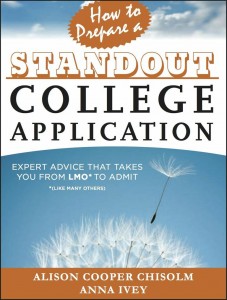 It’s graduation gift time. High school students are graduating with aspirations of college in the fall. Graduation gift guides are dominating the online world. But why not treat yourself to a few gifts that will help you with the transition from high school to college?
It’s graduation gift time. High school students are graduating with aspirations of college in the fall. Graduation gift guides are dominating the online world. But why not treat yourself to a few gifts that will help you with the transition from high school to college?
These books for parents should provide great summer reading and future reference as your teen heads to college in the fall:
If your child is starting life in college, there’s a surprise around every corner…But that doesn’t mean you can’t be prepared! This book is a witty and wise guide to everything you need to know about the college experience. Harlan Cohen, America’s most trusted college life expert, delivers the best advice, facts, stats, tips, and stories from parents, students, and experts across the country to ensure that you and your child will have an incredible and meaningful college experience.
Wendy David-Gaines, the author, is famous for exposing the cliches about college. After giving the cliche, she gives you the “POCS reality”. In her book, Wendy does this effectively by compiling actual parent stories. The stories (both from pre-POCS and POCS) are simple, light-hearted, often humorous and an easy read. But here’s the clincher–they provide parents with added insight into each individual situation.
This guide is divided into time segments throughout your student’s first year of college: summer, early fall, late fall, and spring. Each division provides parents with all the information they need help their student through each segment of the first year of college.
The summer segment (Get Ready), deals with topics related to the changes you will face as your role changes, what to expect at orientation, roommates, budgeting, and campus culture. The fall segment (Settling In), discusses topics like move-in day, greek life, parent visits, and how to deal with struggling students. The late fall segment (Adjusting), deals with care packages, holidays, diet and exercise, studying abroad. The spring segment (Looking Forward), talks about sophomore topics like housing, student stress, transferring and student loans. The final chapter gives you areas to write down phone numbers, important dates and a typical 4-year checklist.
Jodi Okun’s book launched today and the presales put it on the Amazon #1 Best Seller list. This book is more than help for financial aid questions. In it you can find out how to give your student the financial skills they’ll need for life, with talking points and scripts to help you with important conversations you need to have before college. Jodi provides parents with expert advice and in this book shares her experiences of helping parents pay for college.
This bestselling guide has already helped hundreds of thousands of parents over the past decade, and it remains one of the best guides for parents of new college students. Now in its fourth edition, this guide is based on the real-world experiences of students and parents. It’s filled with practical, compassionate, and timely college tips for parents going through the college experience.
This book offers a whimsical, humorous, but also practical guide for parents with college-bound children. Featuring real-life examples and dialogues, the author provides parents with need-to-know fundamentals as their student goes off to college.
Many parents struggle with setting the appropriate boundaries for their college students and this book can be a big help. Marjorie Savage has some of the best college tips for parents on how to respect a student’s boundaries while still providing emotional support.
When her children left for college, Melissa Shultz was certain that she had prepared them well for their new lives-but her own life was a different matter entirely. Her house was empty, her purpose unclear. If her life was no longer dominated by the day-to-day demands of being “Mom,” then who exactly was she? And how would she ever move forward? Shultz’s struggle with the empty nest and the transformation of her marriage, friendships, career, and ultimately herself, is part memoir and part self-help guide.
In this book, Julie Lythcott-Haims draws on research, on conversations with admissions officers, educators, and employers, and on her own insights as a mother and as a student dean to highlight the ways in which overparenting harms children, their stressed-out parents, and society at large. While empathizing with the parental hopes and, especially, fears that lead to overhelping, Lythcott-Haims offers practical alternative strategies that underline the importance of allowing children to make their own mistakes and develop the resilience, resourcefulness, and inner determination necessary for success.
Zac Bissonnette has seen the currently flawed system first hand. He’s a contrarian, and his book is packed with studies and statistics to back up his analysis. It’s a magical combination that college-bound students and their parents should read, even if there’s plenty of money set aside to pay the tuition tab. There’s no harm in learning ways to get the biggest bang for your buck and the best education available at the same time.

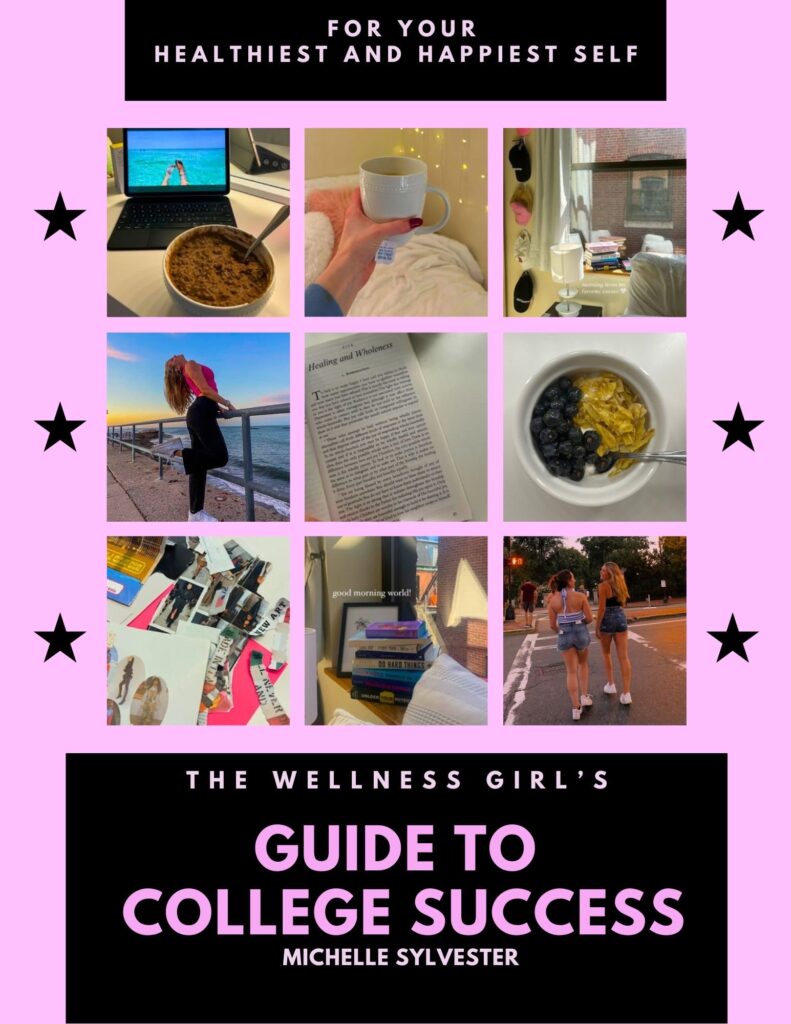

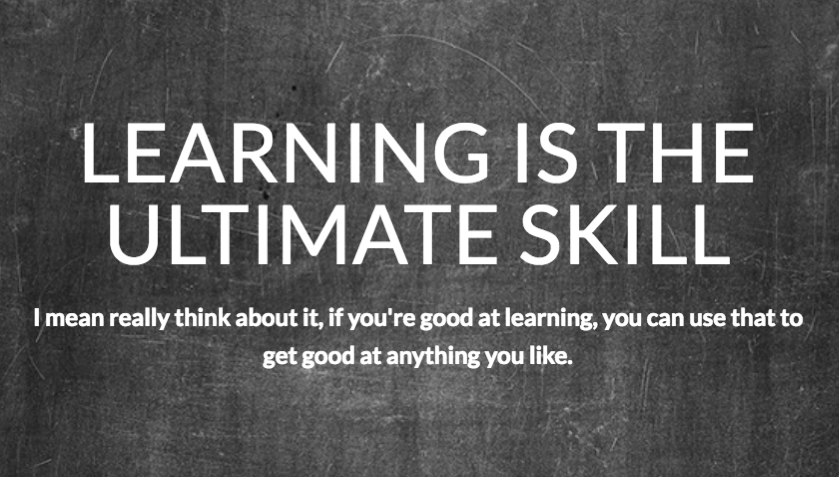
 It’s graduation gift time. High school students are graduating with aspirations of college in the fall.
It’s graduation gift time. High school students are graduating with aspirations of college in the fall. 